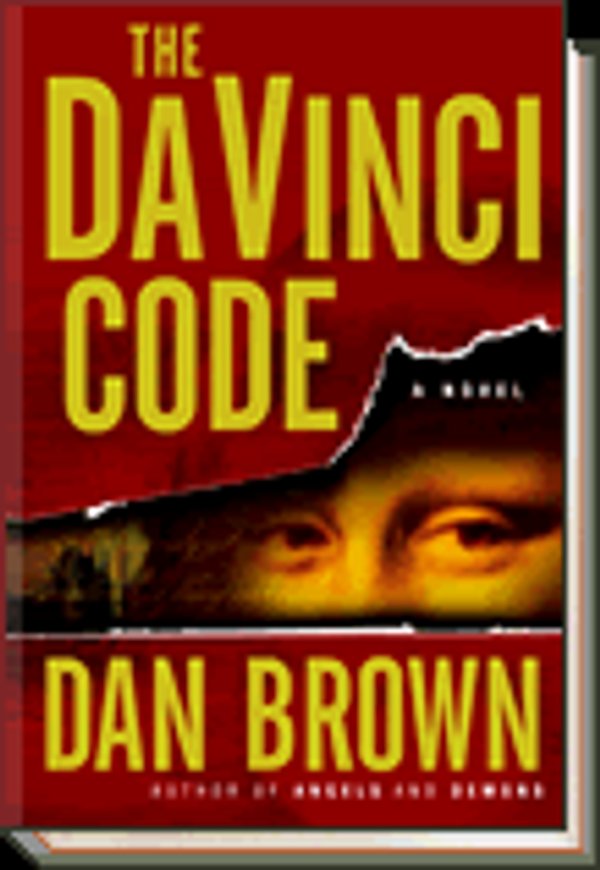In 2003 Doubleday published Dan Brown’s novel, The Da Vinci Code . The novel is based on the idea that Jesus was married to Mary Magdalene and that core Christian teachings about the Divinity of Christ and his Resurrection are an ancient fraud.
The Da Vinci Code is a fictional work. Notwithstanding the book’s marketing promotion and its pretension to authentic scholarship, the truth is that the novel distorts the historical record about Christianity and the Catholic Church and gives a wholly unrealistic portrayal of the members of Opus Dei and how they live.
For example, The Da Vinci Code presents as fact the absurd notion that the fourth century Roman emperor Constantine invented the doctrine of the divinity of Christ, when in fact the New Testament and the very earliest Christian writings manifest the Christian belief in the divinity of Christ. Likewise, the novel asserts that it was Constantine who chose to include the four Gospels in the Bible, when in fact they had always been recognized as authentic.
The Da Vinci Code likewise gives a bizarre and inaccurate portrayal of the Catholic institution Opus Dei. The numerous inaccuracies range from simple factual errors to outrageous and false depictions of criminal or pathological behavior. For example, the novel depicts members of Opus Dei practicing gruesome corporal mortifications and murdering people, implies that Opus Dei coerces or brainwashes people, suggests that Opus Dei has drugged new members to induce religious experiences, and insinuates that Opus Dei bailed out the Vatican bank in return for its establishment as a personal prelature. All of this is absurd nonsense.
In short, the Da Vinci Code is a work of fiction. Promoting it as anything more would be dishonest to the novel’s readers, and disrespectful to the faith of millions of Catholics and other Christians.
(See the right sidebar for links to various critical reviews of The Da Vinci Code . The Crisis and Envoy pieces are in-depth articles on the theological issues raised by the book; the others are shorter reviews.)
